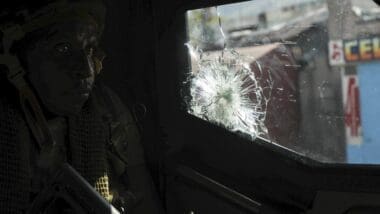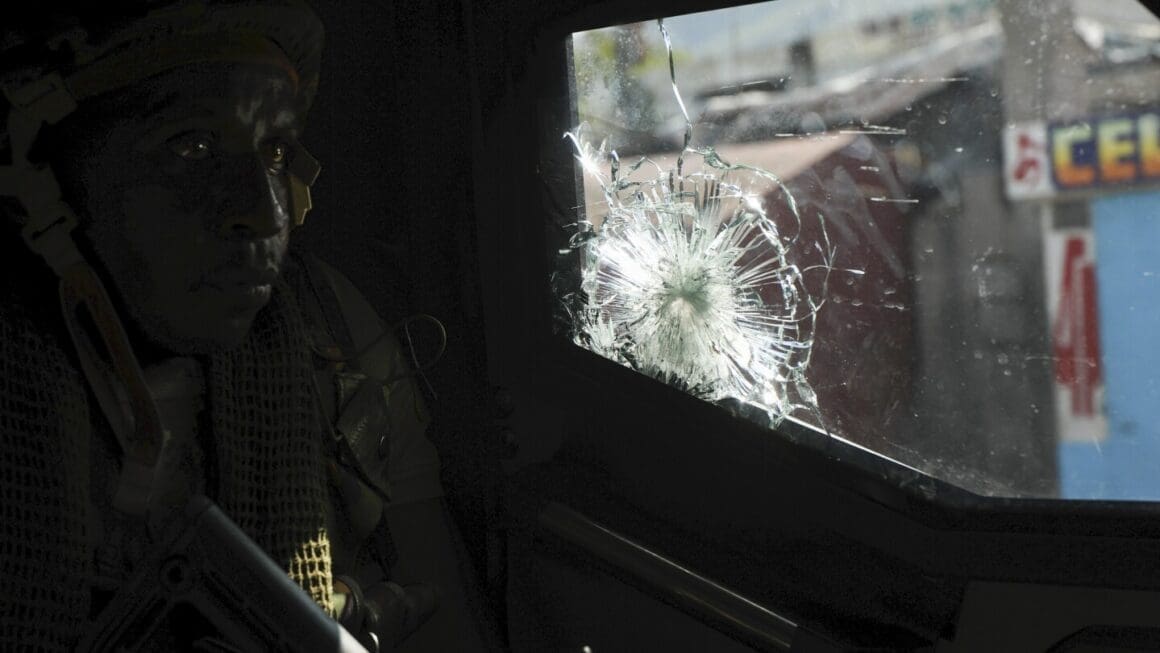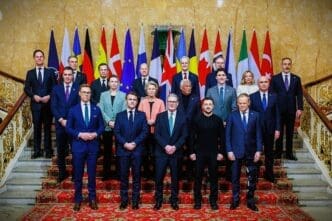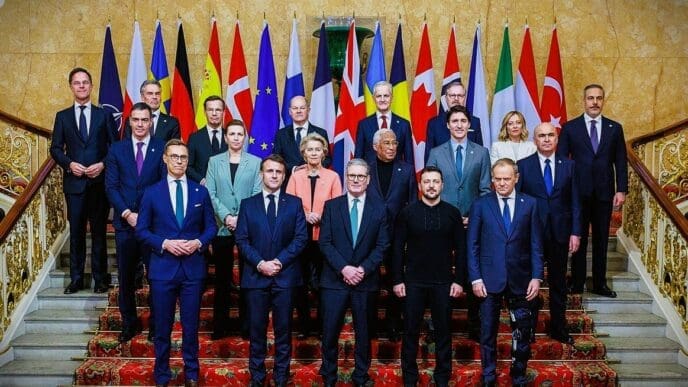A deepening crisis in Haiti has left many Haitian-Canadians grappling with a mix of despair and defiance. Among them is Dominique Anglade, the former leader of the Quebec Liberal Party, who has been closely monitoring the deteriorating situation. Anglade’s connection to the crisis is personal; fifteen years ago, her parents were killed in the devastating 2010 earthquake. Since then, she has witnessed escalating chaos as gangs overrun the capital, the government crumbles, and over a million people are displaced.
The gravity of the situation is echoed within the vast Haitian diaspora, one of the largest globally, where there is a consensus on the urgent need for international intervention. The crisis intensified following the forced resignation of Prime Minister Ariel Henry last April, resulting in a significant surge in violence, with 5,000 murders reported last year alone. Anglade, now serving as co-leader of the sustainable transition office at HEC Montréal, reluctantly advocates for a more robust United Nations military intervention, citing the inadequacy of current measures.
Currently, 800 Kenyan police officers are deployed in Haiti under a U.N.-approved mission, financially supported by the United States. However, Anglade argues that this force, along with the sanctions imposed by the U.S. and Canada on Haitian political and business leaders for alleged gang affiliations, falls short of addressing the dire security needs.
Haiti’s troubled history with foreign interventions complicates discussions about expanding military presence. Anglade points to the relative stability achieved during the international peacekeeping mission known as MINUSTAH, launched in 2004, which she credits with bringing order before the 2010 earthquake devastated the nation.
Anglade, who was born in Montreal but spent part of her youth in Haiti, has a unique perspective shaped by her family’s experiences. Her parents, prominent academics and exiles from François Duvalier’s regime, were deeply involved in Haiti’s political landscape. Driven by grief after the earthquake, Anglade co-founded KANPE, a non-profit aiding local Haitian organizations with the goal of empowering communities.
The Haitian community in Canada, particularly in Quebec, is actively supporting their compatriots by sending significant remittances back home. Frantz Benjamin, a Quebec National Assembly member, highlights the critical role these funds play in preventing widespread famine in Haiti.
Yet, the situation remains bleak, with pervasive gang recruitment of children, widespread sexual violence, and targeted attacks on the country’s remaining healthcare facilities. For many, the grim realities present a debilitating sense of hopelessness, as described by Frantz André, a Montreal-based migrants’ rights activist.
Despite historical instances of foreign exploitation and failed interventions, André believes that only Haitians themselves can ultimately stabilize their nation. The diaspora, rich with talented professionals eager to contribute, remains a crucial asset in rebuilding efforts.
Impact on Daily Life
The ongoing crisis in Haiti carries substantial implications not only for those in the country but also for Haitian communities abroad. For many Haitian-Canadians, the turmoil stirs profound emotional distress, as they navigate the complexities of supporting loved ones in a relentlessly unstable environment. The flow of remittances, while vital, places significant financial burdens on diaspora families, impacting their economic stability and quality of life in Canada.
Moreover, the situation underscores broader themes of global inequality, as the international community grapples with its role and responsibilities. The crisis highlights the importance of fostering resilient local governance and sustainable solutions, which could serve as critical lessons for similar challenges worldwide. As the Haitian diaspora continues to mobilize resources and advocacy efforts, their actions reinforce the essential role of transnational networks in addressing global crises.














